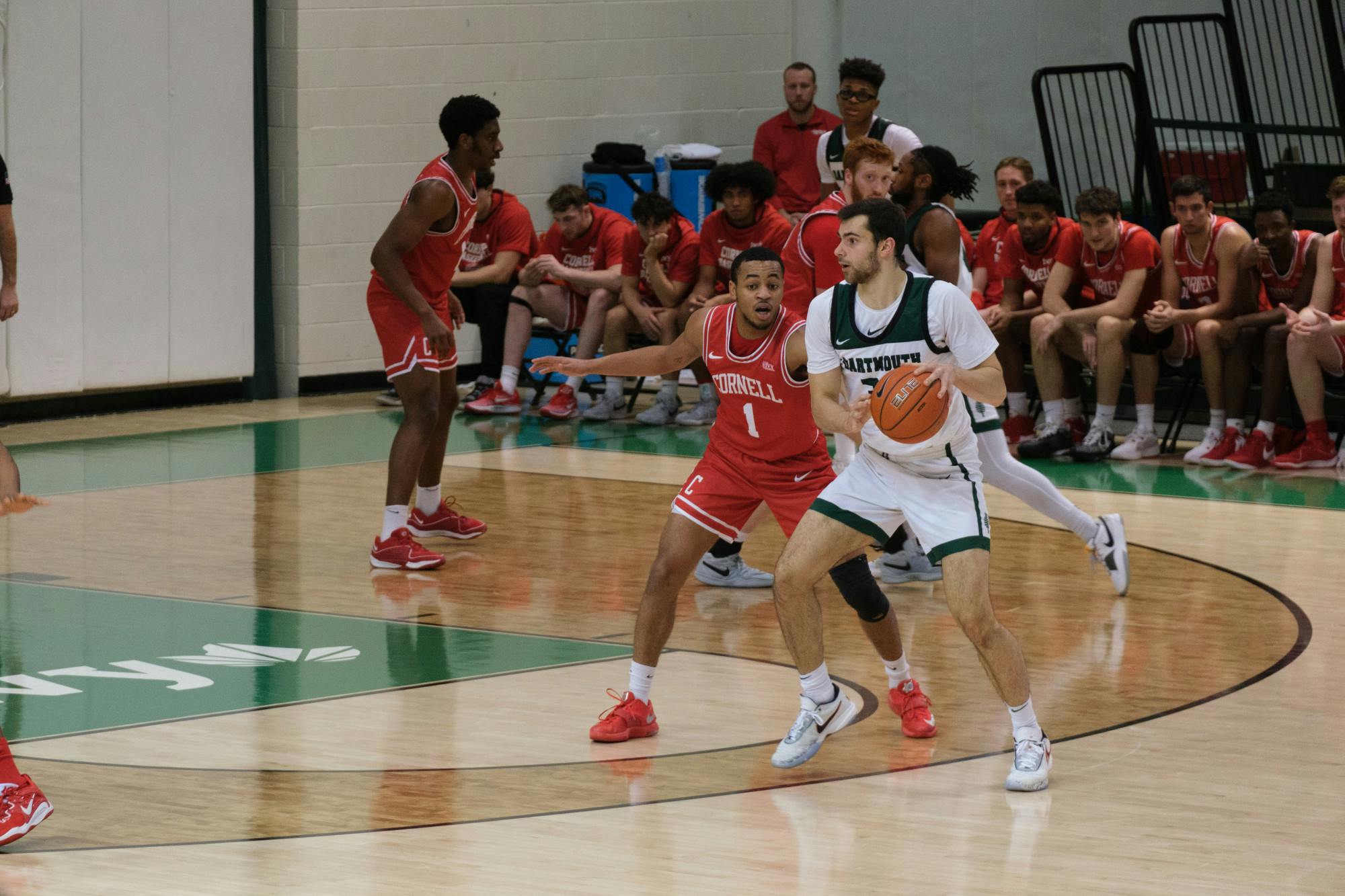Parts of this article were updated on Feb. 5 at 9:42 p.m.
On Monday, a National Labor Relations Board regional official ruled that Dartmouth men’s basketball players are university employees and ordered an election for them to unionize, according to the decision published on the NLRB website.
On Sept. 13, 2023, the team filed a petition to pursue unionization, becoming the first Division 1 team to do so in the NIL era. Monday’s ruling clears the way for an election whereby the team could create the first-ever labor union for NCAA athletes.
Laura Sacks, the Boston-based NLRB regional director, wrote in a 26-page decision that “because Dartmouth has the right to control the work performed by the Dartmouth men’s basketball team, and the players perform that work in exchange for compensation, I find that the petitioned-for basketball players are employees within the meaning of the [National Labor Relations] Act.”
In an email statement, College spokesperson Diana Lawrence wrote that the College will ask the Board to review the decision, citing the lack of compensation that basketball players receive from the College.
“We are extremely proud of our varsity athletics program for the important values it promotes and the experience it provides for both our athletes and our broader community,” Lawrence wrote. “But it’s important to understand that unlike other institutions where athletics generates millions of dollars in net revenue, the costs of Dartmouth’s athletics program far exceed any revenue from the program — costs that Dartmouth bears as part of our participation in the Ivy League. We also do not compensate our athletes, nor do we provide athletic scholarships; all scholarships are based on financial need. For those reasons, among others, we believe firmly that unionization is not appropriate in this instance.”
Lawrence wrote in a follow-up statement that the College does not believe that Dartmouth’s student athletes are College employees.
The College can appeal the regional director’s decision to that national board, which happened in 2014 when Northwestern University’s football team similarly held a union election. If the College appeals, the ballots can be confiscated prior to the ruling, according to Quartz.
In 2014, Northwestern requested a review of the regional director’s ruling by the NLRB. In August 2015, the Board dismissed the football team’s petition by saying it did not have jurisdiction over public schools, against which Northwestern often competes, and would thus upset the labor market, according to The New York Times.
Sacks also wrote in the decision that “asserting jurisdiction would not create instability in labor relations” due to Dartmouth’s status as a private university.
Throughout October, there were four days of witness testimony during a virtual hearing. Dartmouth’s legal team argued that the players are not employees because the program loses several hundred thousand dollars per year, an article from On3 stated. The attorneys further argued that the players are students first and athletes second, and that they do not perform work in exchange for compensation.
To decide if team members want to be represented by Service Employees International Union Local 560 — which currently represents other Dartmouth employees — the NLRB will lead a secret ballot election. That list must be received by Wednesday, Feb. 7, by the regional director and each party.




